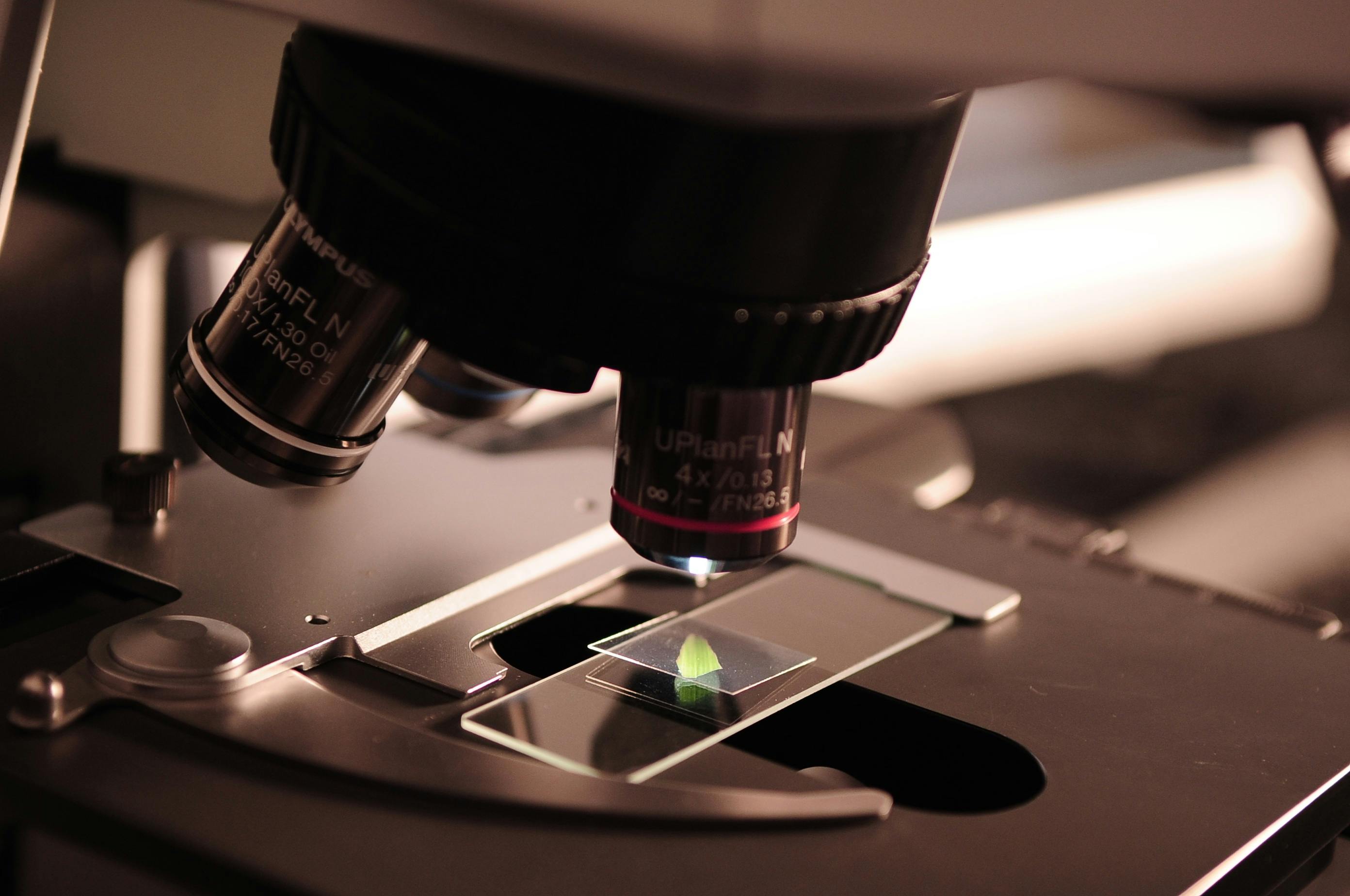 |
| Image from Pexels.com |
I realized that I had quite forgotten to put up the second half of the discussion on keeping divination notes. As such, I would like to apologize for this oversight and present it at this time. Just as I may have said elsewhere, the method of organization I use may not work well for you. And that is just fine, because my goal here is to provide encouragement and information.
At one point, when I started keeping notes about divination, I just wrote everything down in a jumbled mess. It made it difficult to go back and review my notes. I was a college taking Chemistry 101 and I realized something. The same methods that I used to organize my lab notes, I could apply to my divination notes (as well as a lot of other things). So, I started to formalize my divination notes.
On the first line of the page, I write down the date of the divination session, who I am reading for, and the method I used. On the second line, I note what tool I used and any details specific to how I used it (i.e. which of my tarot decks did I use and what tarot spread). In the beginning, I wrote down a diagram with numbers for the placement of the spread. Since then, I just write down what spread I'm using and then number each card for its position. If you have gotten a tarot reading from me in the past, you may have noticed the notation system. I number the position and then write down the card name before noting my impressions off of the card.
I do this also for runes when I am using a spread for them. If I am just casting them randomly, I write them down in order that I am drawn to them with out any numbering. Because numbering means that they are at a specific position in a specific spread. When I am writing notes on runes, I write the runic glyph instead of the English name of the rune. I find it easier, but some people find it easier to write down the name of the rune. Runes are a little harder to interpret than tarot and most oracle decks. Where my initial impressions off of a tarot card may get three lines each, the runes get four to five lines per rune.
After I put down my initial impressions upon my first glance through the spread, I will then put together a more cohesive read of what the entire spread has to say. This is usually around 3 paragraphs. Sometimes it is more and sometimes it is less. I label this section as the summary portion. Following the summary, I do a quick 3 card reading to confirm what the general message from the spread is. When I am using runes, I do a 3 rune reading. If I am using a different divination tool, like my crystal ball (I have 3. One is snowflake obsidion, one is flourite, and one is rose quarts. I use the flourite for divination. The other two are pretties in my collection.), I may pull three cards from what ever tarot deck is in reach. Usually, however, I just let the reading stand as per what the summary presents.
My main tool for divination is the tarot. It is the method I am most comfortable with. I can use other methods, and I do on a somewhat regular basis, but if I am going to be doing a serious divination session where I take notes, I am usually using tarot. When I am doing a divination session involving myself or something I am involved in, I add one more element to my notes. A page for recording how the matter resolved itself and what, if any, relation it has to the reading I did. This may sound a little silly to some people, but I like to keep track of how often my divination sessions get it right. I want to be able to point at my divination sessions and use them as a tool for future planning, which requires them to be somewhat reliable.
I also use this information to determine what techniques I am doing well and where I need to improve my skills. So, I tend to keep fairly detailed notes. If you don't want to do so, that's fine. Some one I knew once wrote down a single line summary of their readings. They were comfortable with it and that single line was focused upon what they felt was the most important elements of the information they pulled out of their divination session. All the divination notes are for is to act as a reminder of what you learned from your session and to keep track of what works best for you.
No comments:
Post a Comment